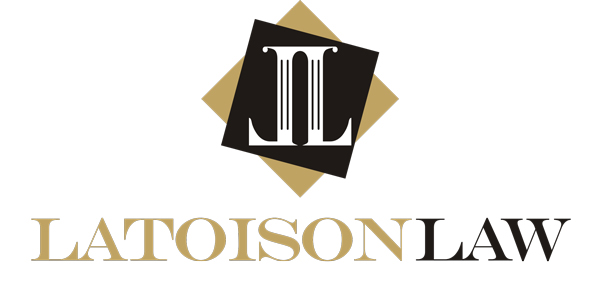Pennsylvania law generally recognizes that teenagers aren’t responsible enough to be treated like adults. Teenagers under the age of 18 can’t sign legal contracts. They can’t get married, can’t vote or enter the military. They can’t buy cigarettes or alcohol.
The exception is criminal law, which treats teenagers like adults far too often. Teens, as young as 13, can be tried as adults in Pennsylvania. If convicted, they receive stiff adult sentences, up to and including life without the opportunity for parole.
The U.S. Supreme Court has found that the risk of false confession is “all the more troubling — and empirical studies show, all the more acute — when the subject of custodial interrogation is a juvenile.” Those studies have found that teens are up to three times more likely than adults to falsely confess under police interrogation to crimes they never committed.
We adults work hard to protect our children in so many arenas, from buying alcohol to getting married to, yes, even tanning without a note from Mom. But there’s work to be done to protect innocent children from the hazards of adult criminal court.
Many parents have a nagging fear that the phone will ring and a police officer will tell them that their teenager is in custody. And by the time you hang up that telephone, it may be too late for your teenager if he doesn’t know his rights under the law. Teenagers have rights under the law just as adults do. As parents, it is our responsibility to tell our children exactly what they should and should not do when picked up by a law enforcement officer.
Right #1. Teenagers have to remain silent. If they are juveniles, they must notify their parents.
Right #2. Teenagers have the right to consult an attorney before answering any questions. If they cannot afford an attorney, they have the right to have one appointed for them.
Right #3. Teenagers should know that when a law enforcement officer advises them of their legal rights, that officer is technically making an accusation of guilt. Anything they say after those rights are read can be used against them in court.
Make sure to tell your children that if they are ever advised of their rights by a law enforcement officer, or if they are ever accused of a violation, they should say nothing except their name and address. There is plenty of time to tell law enforcement officials what happened after the parents have learned the facts and received the advice and presence of competent legal counsel. The attorney will tell you when and if making a statement to the authorities is the right thing to do and in your child’s best interest.
Teenagers also need to be alerted not only to the obvious abuses of police power (brutality, threats), but to the more subtle changes of perceived friendliness (“OK, Son, I understand. I’m your friend. Just tell me what happened.”). While most law enforcement officials can be trusted, many cannot. Protect your teenager from these possible abuses of the intent of the law.
As parents, you must tell your children these things – don’t let them find out the hard way, and don’t assume that the school will map it out clearly. Remember that moral guilt and legal responsibility are not the same thing. Always insist that your child face wrongdoing in his own mind. But he has no obligation under our laws to incriminate himself to authorities or in the courts.
For more information, please contact Enrique Latoison at [email protected].



